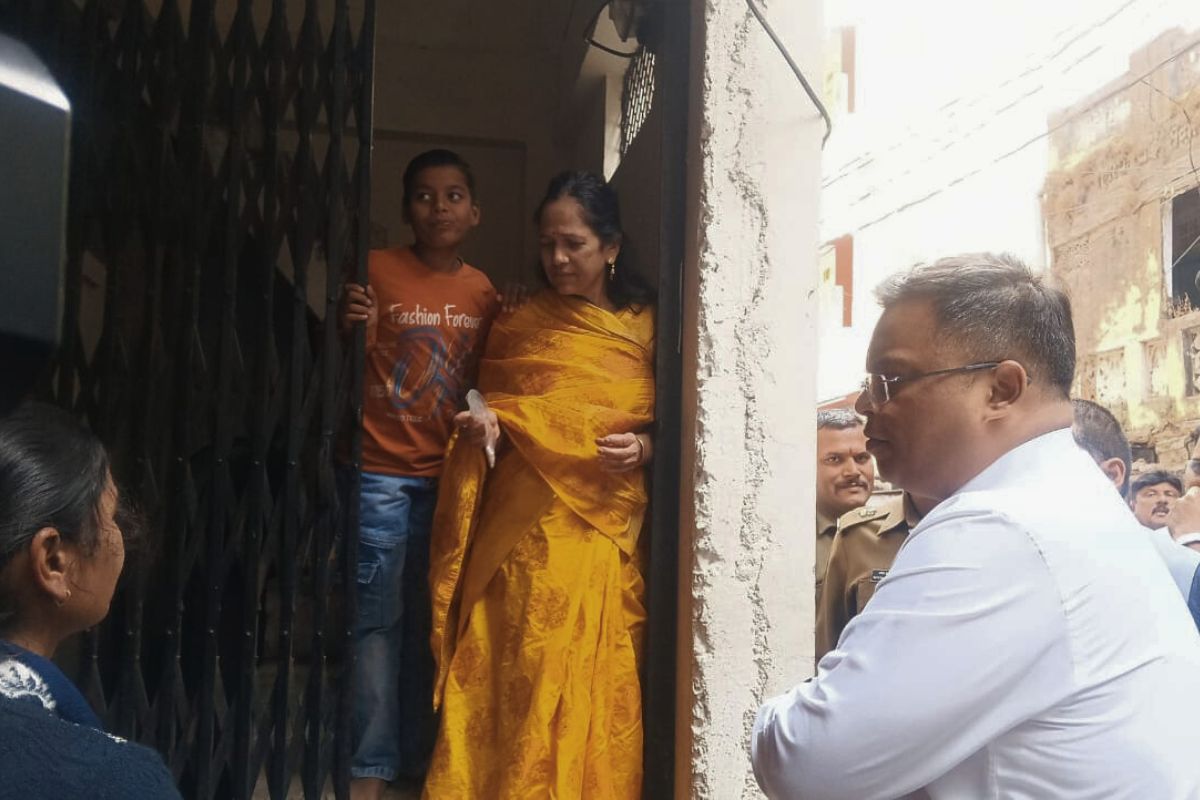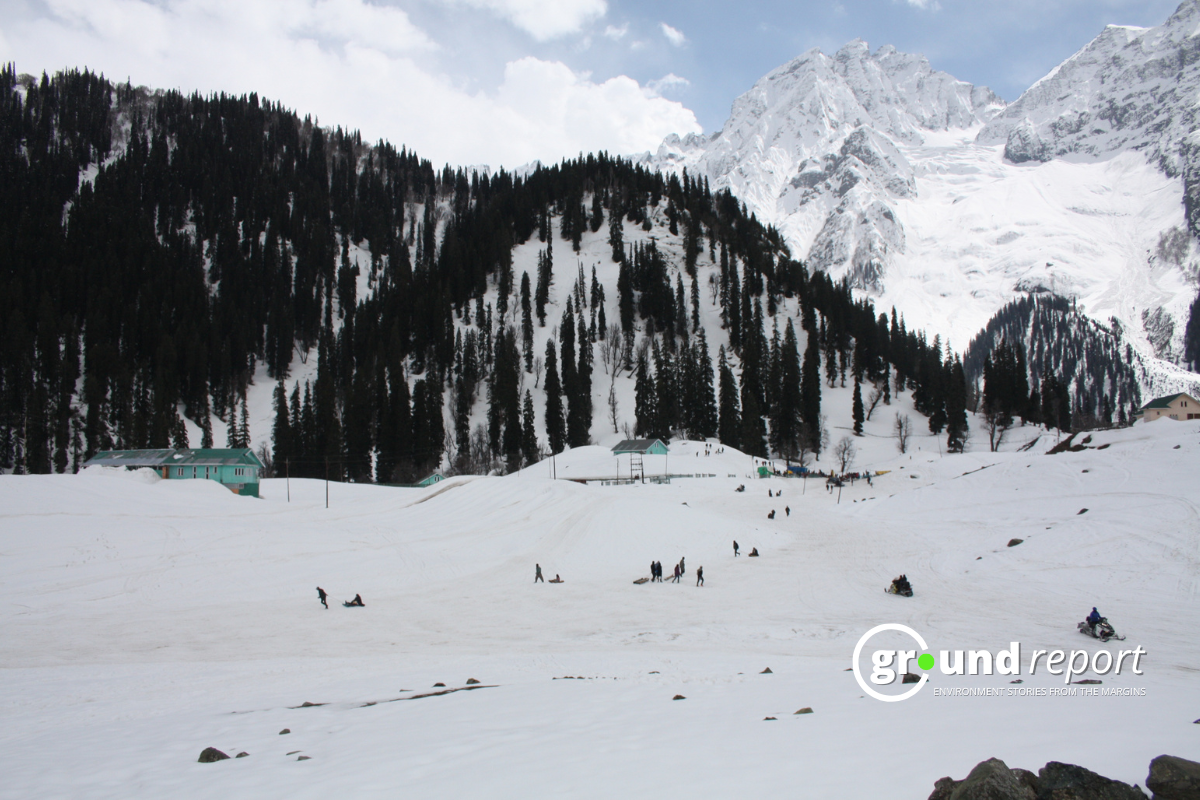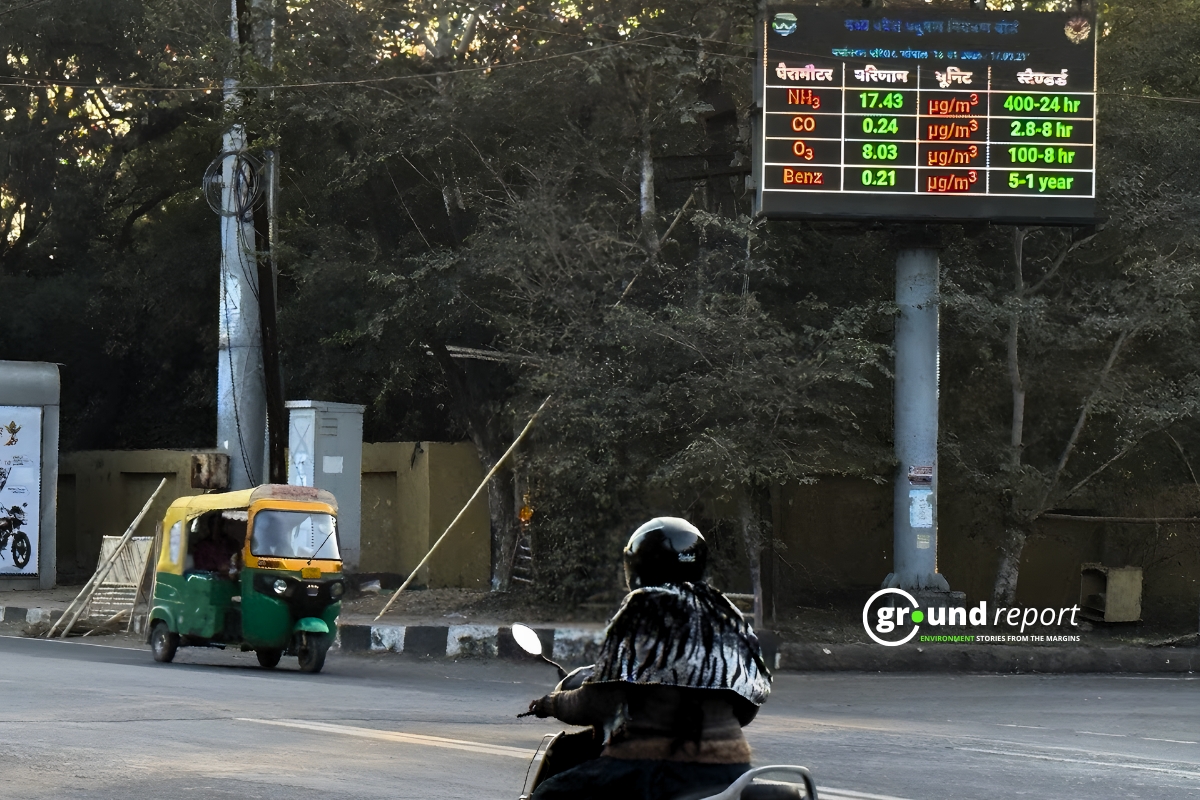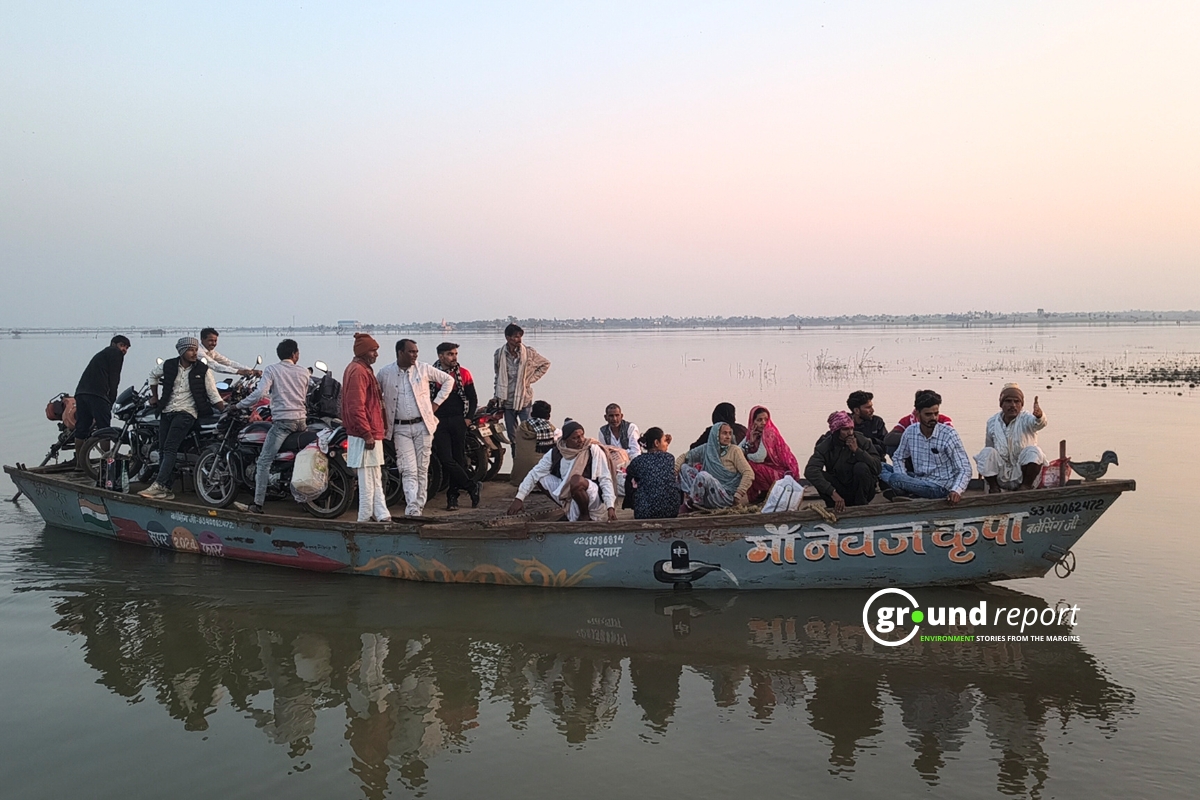The Central Pollution Control Board (CPCB) has submitted a fresh report to the court on April 15, 2025, detailing the current status of waste-to-energy (WtE) plants that burn municipal solid waste (MSW) across the country. The report comes in response to an order issued by the National Green Tribunal (NGT) on January 13, 2025.
According to the CPCB, 21 MSW incineration-based WtE plants are currently operational in 10 states. Delhi has the highest number with four plants. Uttarakhand follows with three plants, which are RDF-based boilers operating in paper mills. Andhra Pradesh, Gujarat, Madhya Pradesh, Maharashtra, Telangana, and Uttar Pradesh have two plants each. Haryana and Karnataka have one plant each.
In contrast, 26 states and Union Territories have reported that they have no operational WtE plants of this kind in their jurisdiction. The CPCB report outlines a series of compliance and monitoring responsibilities for the state pollution control boards (SPCBs) and pollution control committees (PCCs) where these plants are functioning.
The pollution control boards in Andhra Pradesh, Gujarat, Telangana, Uttarakhand, Karnataka, and Uttar Pradesh have been asked to verify that all WtE plants in their regions hold valid operational authorizations. These states, along with Madhya Pradesh and Maharashtra, must also ensure that emissions from these plants are being monitored in line with Schedule II (C) of the Solid Waste Management Rules.
| State/UT | Number of Plants | Remarks |
|---|---|---|
| Delhi | 4 | All MSW incineration-based |
| Uttarakhand | 3 | RDF-based boilers in paper mills using MSW + auxiliary fuels |
| Andhra Pradesh | 2 | Need to ensure valid authorisation and compliance |
| Gujarat | 2 | Stack emissions and ash disposal to be monitored |
| Madhya Pradesh | 2 | Compliance with leachate and ash regulations required |
| Maharashtra | 2 | CPCB asked for action against non-compliant units |
| Telangana | 2 | Authorisation and emission checks required |
| Uttar Pradesh | 2 | Also directed to analyse ash and leachate |
| Haryana | 1 | Action against violations directed |
| Karnataka | 1 | Monitoring of emissions and leachate management asked |
In addition to emissions, the CPCB has directed the same states to test bottom ash and fly ash produced by the plants and ensure that disposal or reuse follows regulatory norms. These boards are also required to submit information about how they are managing and analyzing leachate discharge in compliance with the rules.
The CPCB has flagged non-compliance issues in Andhra Pradesh, Gujarat, Telangana, Uttarakhand, Karnataka, Uttar Pradesh, Madhya Pradesh, Maharashtra, and Haryana. Letters were issued on April 11, 2025, asking the pollution control boards in these states to take immediate corrective action. Four states—Andhra Pradesh, Haryana, Telangana, and Maharashtra—have been specifically asked to act against violators and submit action-taken reports.
This update also shows growth in the number of operational WtE plants. A previous report submitted in January 2025 had recorded only 15 such plants across seven states. The current figure of 21 plants in 10 states reflects a significant increase in the sector within a few months.
The report underscores the need for stronger monitoring and enforcement to ensure that the environmental impact of waste incineration is kept in check. The CPCB’s directions focus on emissions control, ash disposal, water pollution management, and accountability for rule violations—key areas as cities expand their waste-to-energy capacity.
Support us to keep independent environmental journalism alive in India.
Keep Reading
‘Forever Chemicals’ found in all the world’s toilet paper
Trump shuts down staff helping families pay heating bills
Full list of words banned by Trump, including ‘Climate Change’
Oil companies seek Trump’s help to fight climate lawsuits & regulations
Follow Ground Report on X, Instagram and Facebook for environmental and underreported stories from the margins. Give us feedback on our email id greport2018@gmail.com.
Don’t forget to Subscribe to our weekly newsletter, Join our community on WhatsApp, and Follow our YouTube Channel






